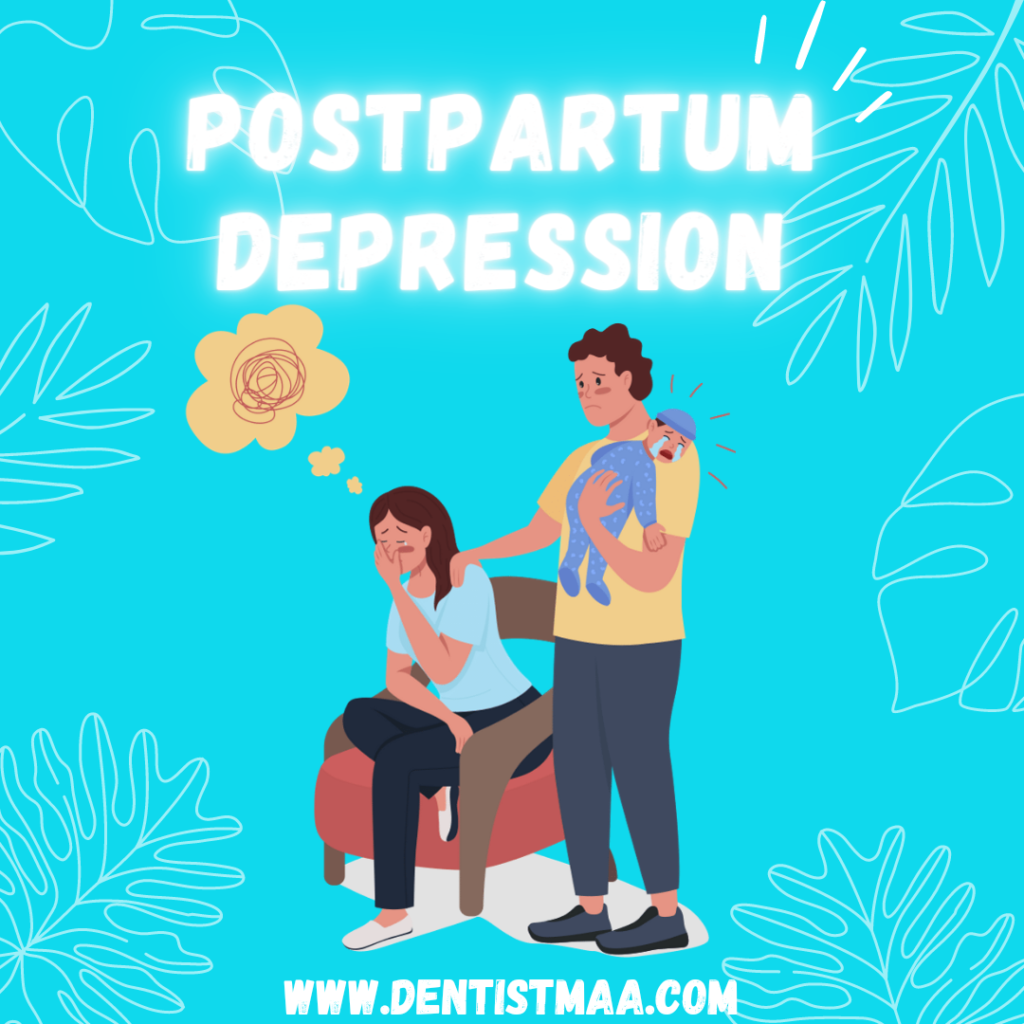
Postpartum depression, a term many of us are not aware of, take seriously or even believe in.
When a baby is born, a mother is also born, and the birth of a baby can trigger a lot of emotions for the new mom. Starting with love and affection to fear and depression, a new mom can experience them all after the birth, and it is completely normal.
- What is Postpartum Depression?
- What causes Postpartum Depression?
- Symptoms of Postpartum Depression
- Diagnosis of Postpartum Depression
- Treatment of Postpartum Depression
- Postpartum Depression in New Fathers
- Can Postpartum Depression be Avoided?
- What is the different between Postpartum Depression and Baby Blues?
- Selfcare Tips
- Caring for a loved one who is in Postpartum Depression
What is Postpartum Depression?
“Postpartum” i.e. after the birth of the baby.
“Postpartum Depression” i.e. depression a mother goes through after the birth of the child. If the anxiety, sad mood, tearfulness lasts more than 2 weeks, it is Postpartum Depression.
If it subsides within 2 weeks, then this is the “Baby Blues“. Postpartum depression is often confused with baby blues, but is different.
Another diagnosis is “Postpartum psychosis”which includes, hallucinations, disorganised behaviour and cognitive impairment. This is dangerous for both the baby as well as the mother and immediate medical opinion is a must.
What causes Postpartum Depression?
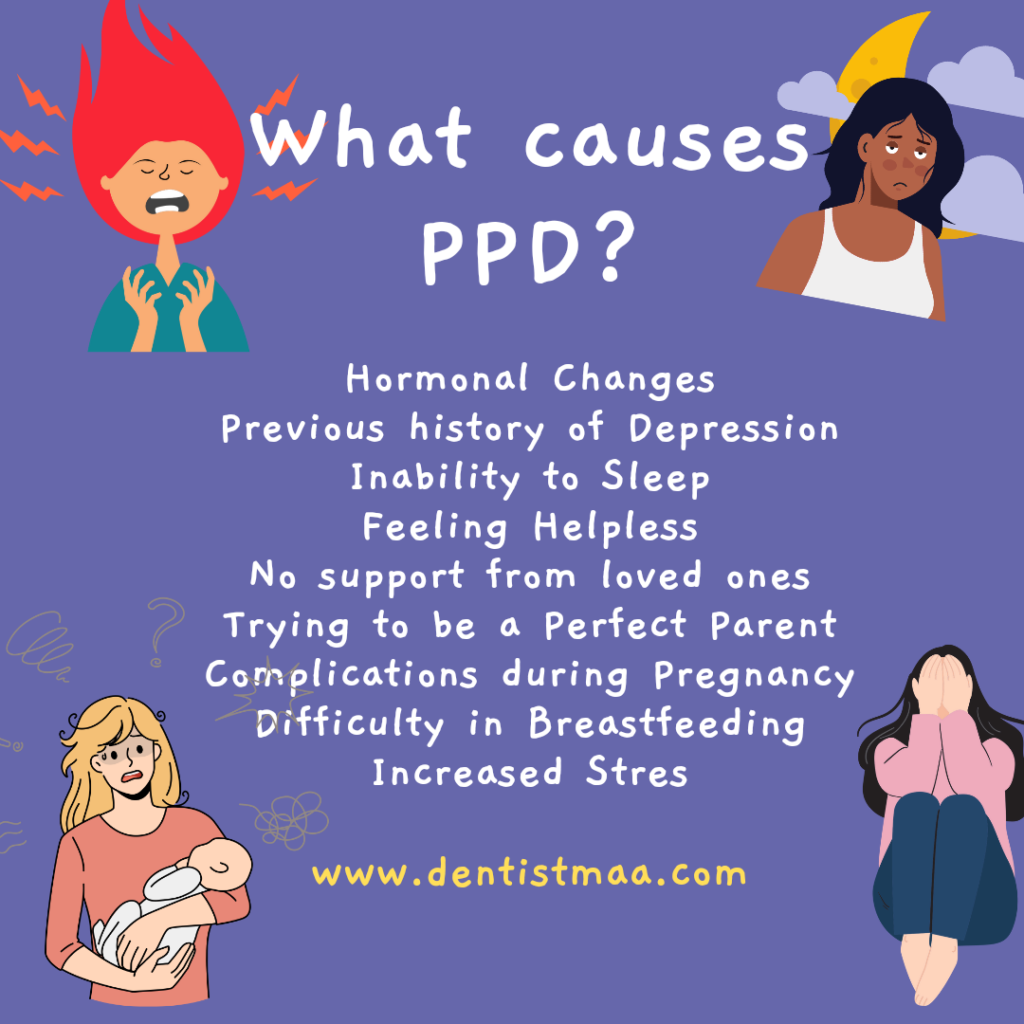
The main cause for postpartum depression is unknown but few causes for postpartum depression can be related to genetic, environmental, social or even physical.
- Hormonal changes: According to certain research hormonal changes is one of the main reasons for postpartum depression in the new mothers. The drop in the level of estrogen and progesterone after delivery is regarded as one of the main reasons for postpartum depression. Estrogen helps uterus and placenta in making of the new blood vessels during pregnancy and providing nutrition to the foetus. Whereas progesterone helps in implantation and development of the foetus throughout the pregnancy.
- Previous history of depression: A previous history of depression can be one of the cause of Postpartum Depression
- A family history of depression or bipolar disorder: This too can be a contributing factor for postpartum depression
- Inability to sleep: When the baby is born it is difficult for the mom to adjust according to the baby and that definitely involves inability to sleep due to disturbed sleeping pattern.
- Increased stress: The inability to sleep due to change in the routine and the sleep cycle and also handling the new responsibilities can add on to the stress.
- Feeling helpless: Being a mother is special but also one of the most difficult jobs. Especially when you are a first time mother and have very less support and idea how to handle the tiny little human it is bound to make you feel helpless. Having that feeling for long can lead to depression.
- Feeling the need to be a perfect parent: No parent is perfect and if the feeling and want of being a perfect parent persists for a long time, it can lead to depression.
- Lack of support from family: The support of spouse and the family is something that is most important after the delivery. If the support is missing, it can lead to depression again.
- Complications during pregnancy: Complications during pregnancy can also contribute to depression.
- Having difficulty in breastfeeding: Not every baby starts breastfeeding from the first minute of birth. Sometimes, it takes days for the mother to finally latch the baby and start breastfeeding. But the pressure that this is the best you can do for your baby, and you are doing something wrong if you are not breastfeeding can definitely cause depression in new mothers.
- Previous history of miscarriage or stillbirth: Previous history of miscarriage or still birth can come with a stress of the same thing occurring again. The mother has her own previous fears and doubts which can again contribute to depression.
- Unwanted pregnancy: Sometimes the mother is not prepared to be a mom yet, but is forced to continue the pregnancy due to certain family reasons or social pressure. In such cases also the mother can go into depression.
- Single mother: A single mother has the whole responsibility of the new born baby. And if there is no family support as well this will lead to stress and therefore depression.
- Low socioeconomic status: Making the ends meet to raise the baby and fulfilling all the needs of the new born can be again very stressful.
Symptoms of Postpartum Depression
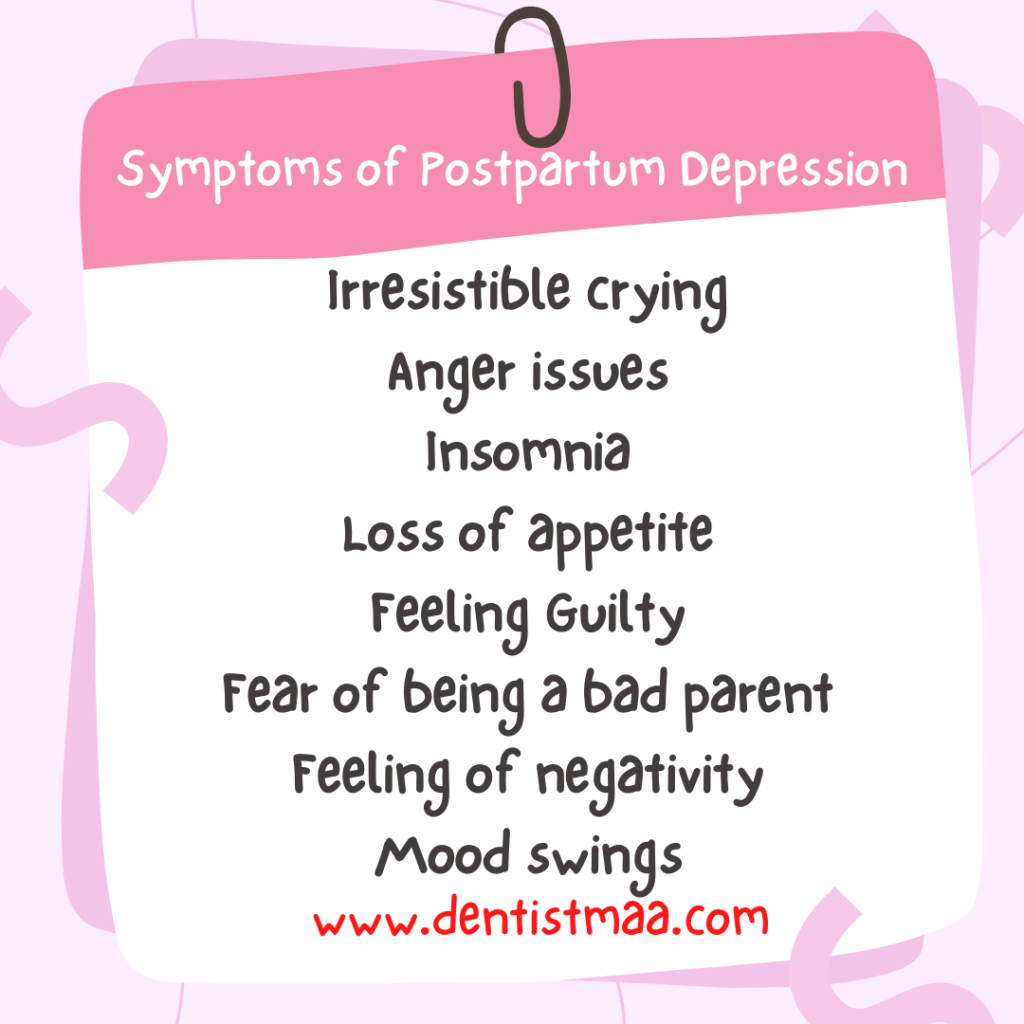
The symptoms of postpartum depression can be often confused with those of the baby blues. While the symptoms are almost the same, they might be more sever and intense and last for a much longer time. The symptoms for postpartum depression might include the following:
- Irresistible and a lot of crying without any known reason
- Anxiety and fear
- Finding it difficult to bond with the child
- Mood swings
- Loss of appetite
- Inability to sleep
- Fear of being a bad parent
- Anger issues
- Difficulty in concentrating
- Feeling of negativity
- Remaining distant from family and friends
The symptoms of postpartum depression can vary from woman to woman. Some might have even more severe symptoms which can suggest that the diagnosis is postpartum psycosis.
- Wanting to hurt the baby or self
- Delusions and hallucinations
- Hearing noises
- Confusion and disorientation
Diagnosis of Postpartum Depression
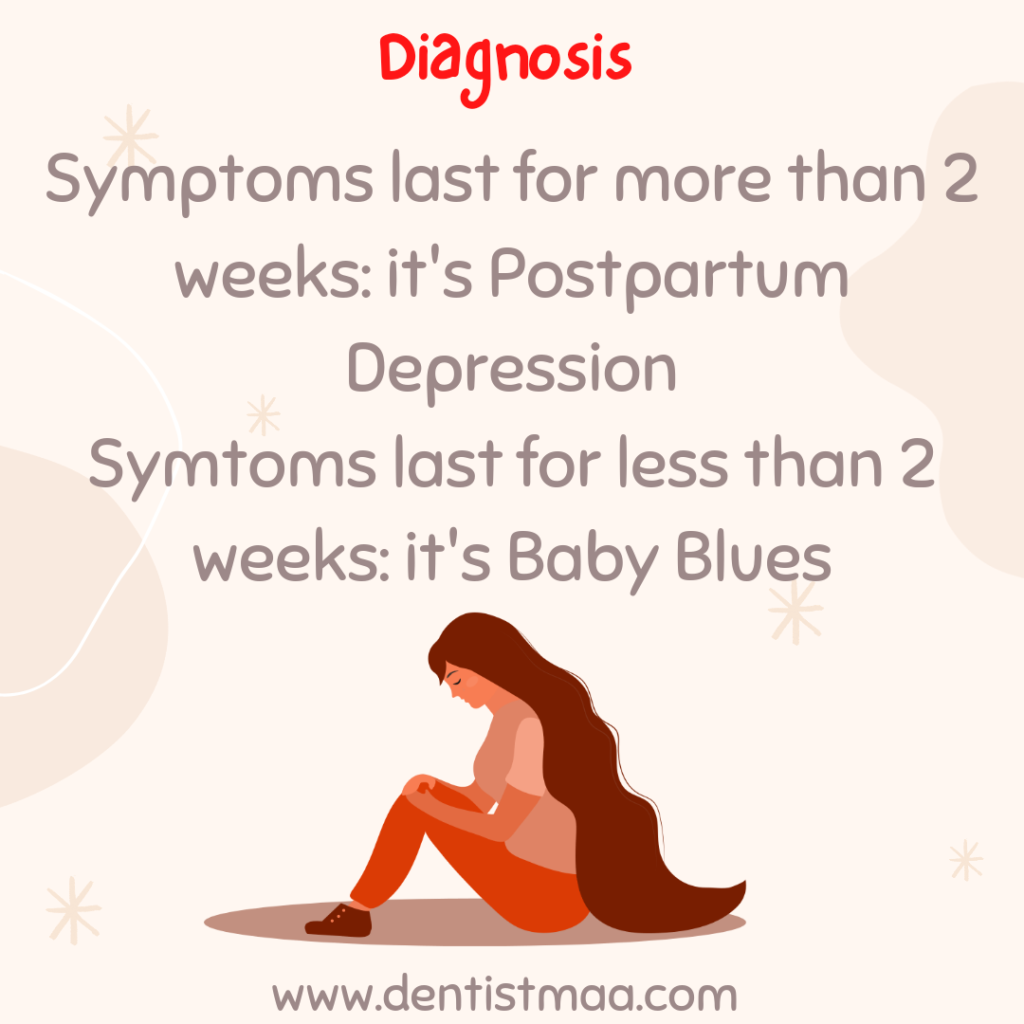
If the symptoms lasts for more than 2 weeks, medical help is definitely required.
Sometimes the mother herself is aware of the symptoms, but most of the times a care giver, spouse, parents are the one who first notice the symptoms.
Medical help is the first thing that you need to take. Your doctor will ask you a series of questions, advice certain blood tests and reach at a diagnosis. Make sure to visit a medical specialist without fail if your symptoms persists beyond 2 weeks.
Treatment of Postpartum Depression
Accepting that you have a problem is the biggest thing, and answering all your doctors question will help your doctor to reach at an exact diagnosis and treatment planning for you.
The treatment for postpartum depression includes proper counselling and medical therapy. Follow your doctors advise and you will be good to go in a few weeks, feeling good as before.
Postpartum Depression in New Fathers
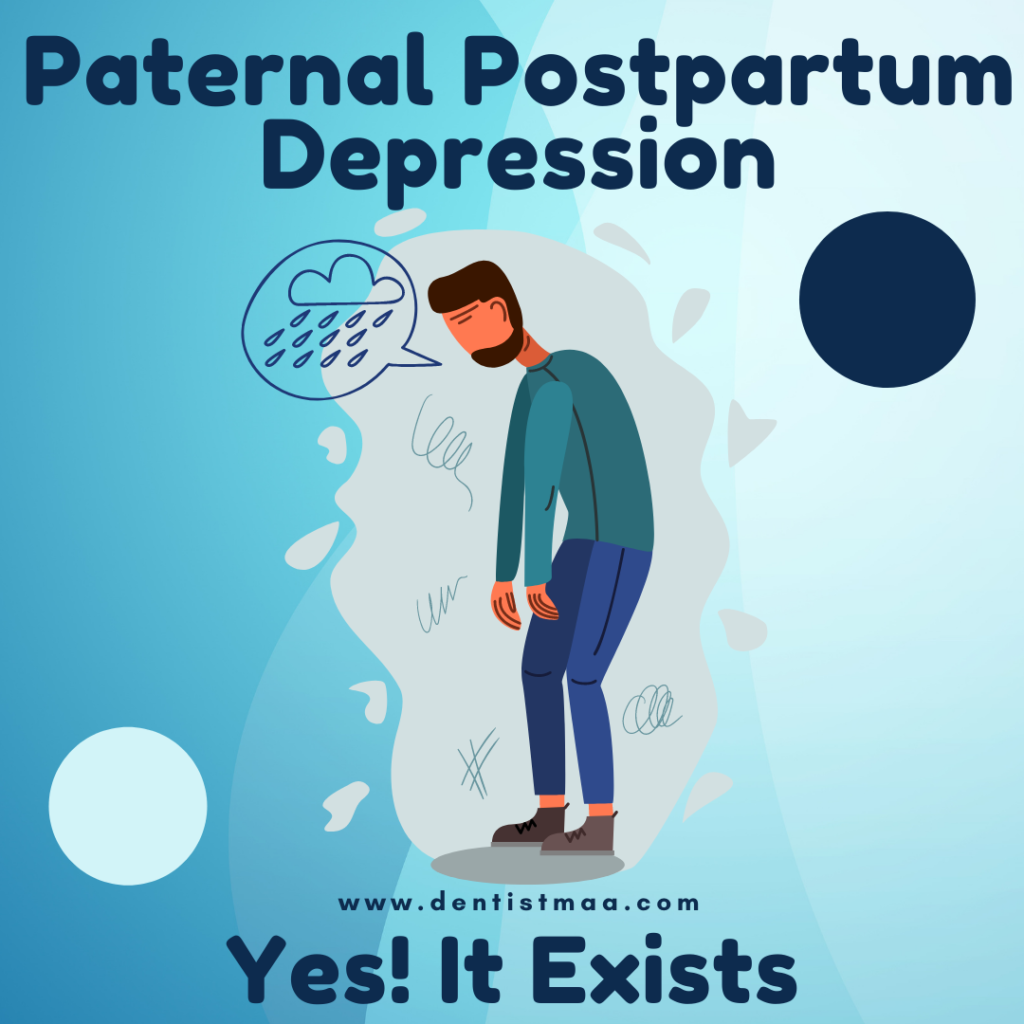
Yes, depression in new fathers is real. According to a study, 1 in 10 men go through postpartum depression which goes either unnoticed or ignored, as most of us are either not aware about it or think it is not necessary to take it seriously.
Paternal postpartum depression can show almost the same symptoms as the postpartum depression in women. Being more aggressive and angry, working for long hours, not being oriented and being distant are a few symptoms of paternal depression and is mainly seen 3-6 months after the birth of the baby.
The reason for the paternal postpartum depression was found as a low testosterone levels in males. When the female is also in depression the males are more likely to sink in it too.
The treatment again is the same, talk therapy and the hormonal therapy after recommendation from your doctor.
Can Postpartum Depression be Avoided?
Postpartum depression can not be avoided but measures can be taken to understand it better and to overcome it better.
A good and a healthy diet before, during and after pregnancy, having a positive attitude, understanding well what exactly postpartum depression is, exercising regularly and taking no or less stress are some of the ways the postpartum depression can be dealt better with.
If there is a previous history of depression, a medical specialist should be consulted and regular check ups should be scheduled.
The American Academy of paediatrics (AAP) and the American College of Obstetrics and Gynaecology (ACOG) recommends screening of mother before, during as well as after pregnancy to diagnose any kind of depression.
What is the different between Postpartum Depression and Baby Blues?
Although the two are overlapping and confusing, there is a significant difference between the postpartum depression and the baby blues.
- The symptoms might be the same but the postpartum depression show slightly more severe symptoms than the baby blues.
- The symptoms for the baby blues last for maximum of 2 weeks. anything that persists more than 2 weeks is postpartum depression.
- The symptoms of postpartum depression can start anytime within one year after the delivery, and the symptoms of baby blues start 2-3 days after the delivery.
- The symptoms of baby blues might not have significant affect on your daily life but that of postpartum depression might have a lot of effect.
Selfcare Tips
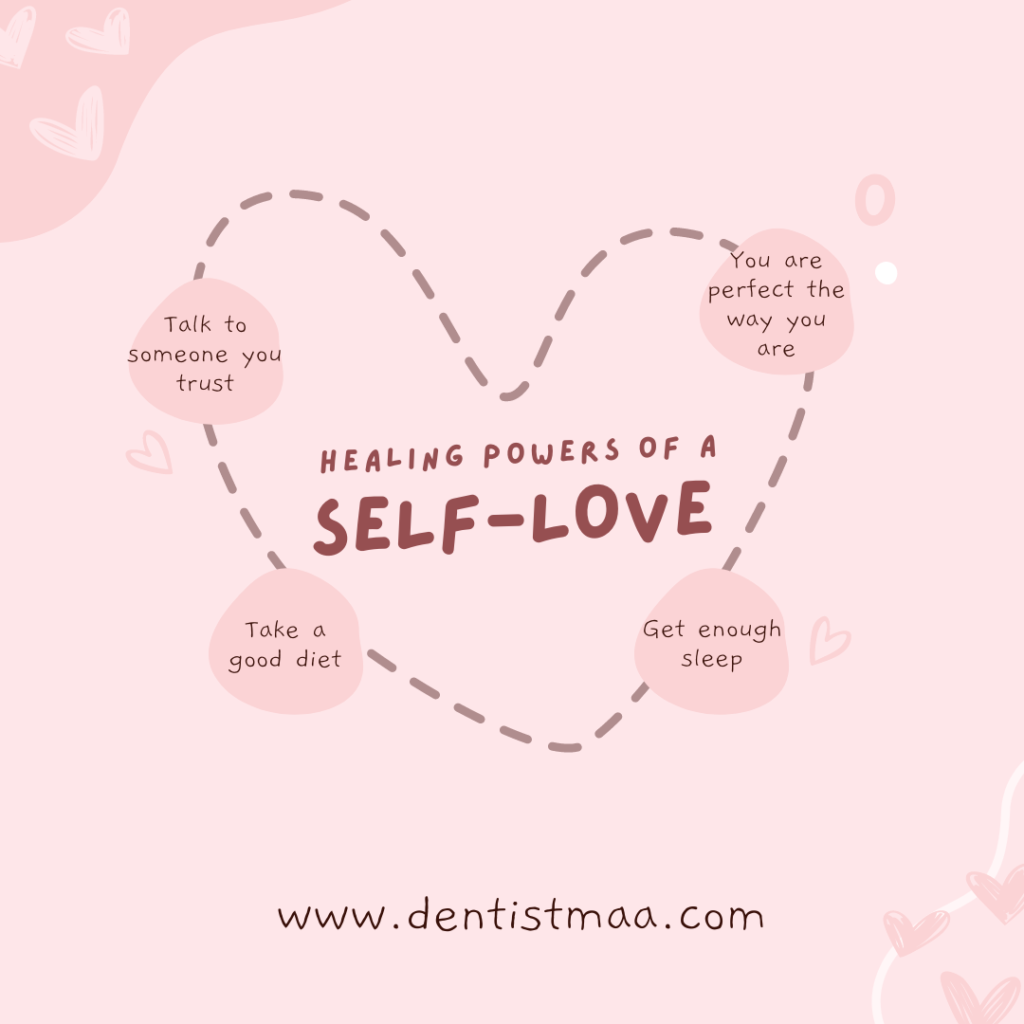
There are a few tips which can help you to deal with postpartum depression better:
- Accepting that you have a problem and taking proper consultation for the same
- Taking a good diet before, during and after pregnancy
- Understanding that it takes time to learn how to take care of a new born baby
- Reading before hand about postpartum depression
- Planning the pregnancy when you are a little stable in life
- Getting enough sleep
- Asking for help whenever required
- Keeping up with all the medical appointments during and after pregnancy
Caring for a loved one who is in Postpartum Depression
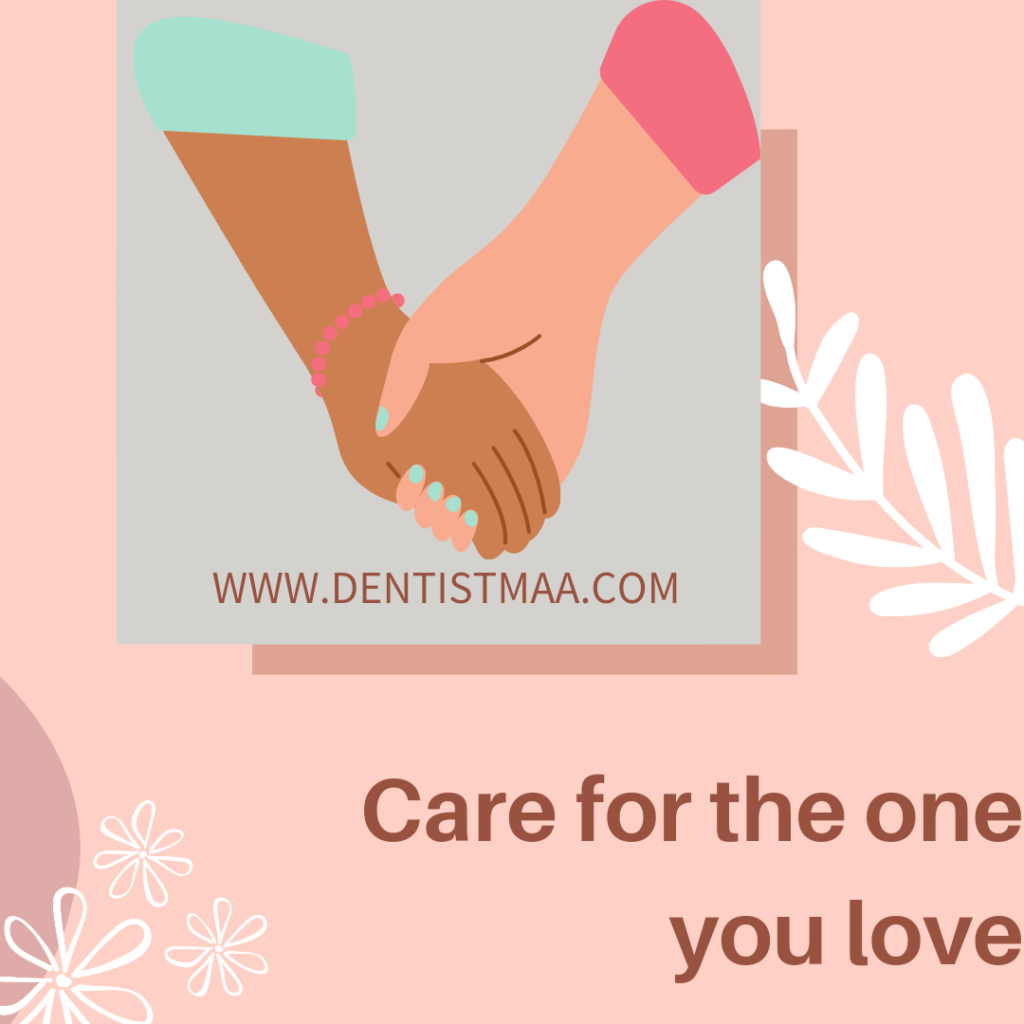
If one of your loved ones, spouse, friend or your own child is in postpartum depression it becomes your duty to help them come out of it. There are various number of ways in which you can help them cope better:
- Make them understand that there is something wrong and there is nothing to be ashamed of
- Help them take proper medical advice and accompany them to the doctor
- Take care of their diet
- Take care of their sleep cycle
- Help them in the house hold chores and in managing the new born baby
- Let them know that you are always around to listen whatever they have to stay
Depression is nothing to be ashamed of or nothing you need to hide especially from your loved ones. If diagnosed properly almost all type of depressions are treatable and let you lead a normal life. Staying positive and following your doctors advice is all that is required to get out if any kind of depression.
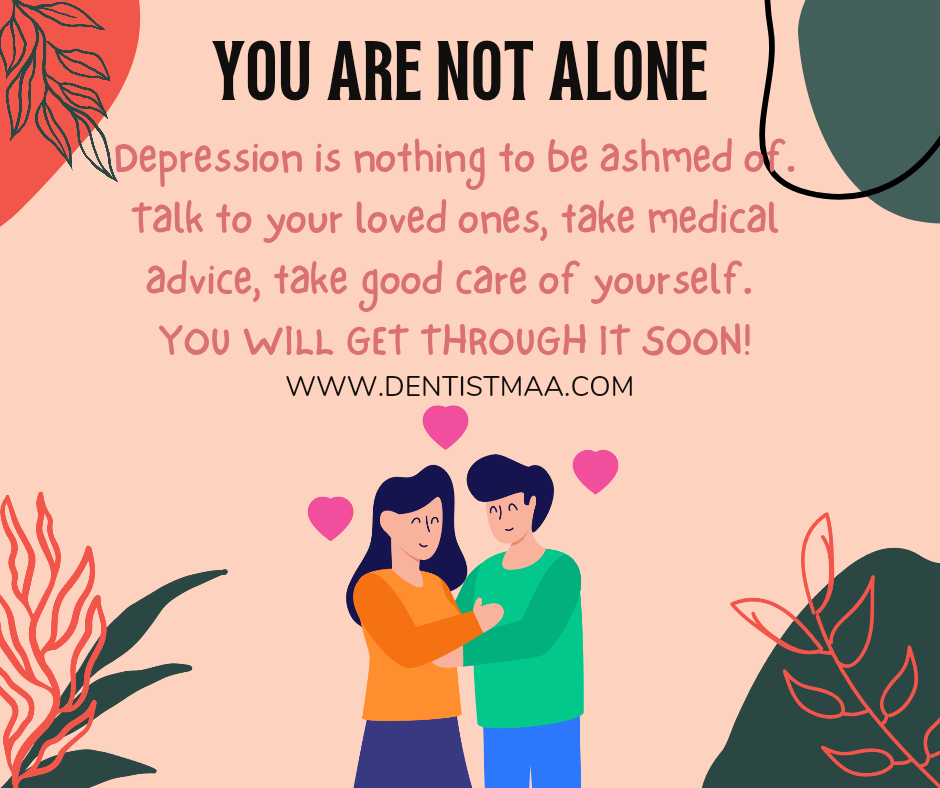
Disclaimer:
This blog provides general information about postpartum depression. The opinion and content on this blog is only for conversational purposes and should not be interpreted as medical advice pertaining to any particular individual. If the reader or any other person has a medical concern, he or she should consult with an appropriate licensed medical physician or a health care provider.

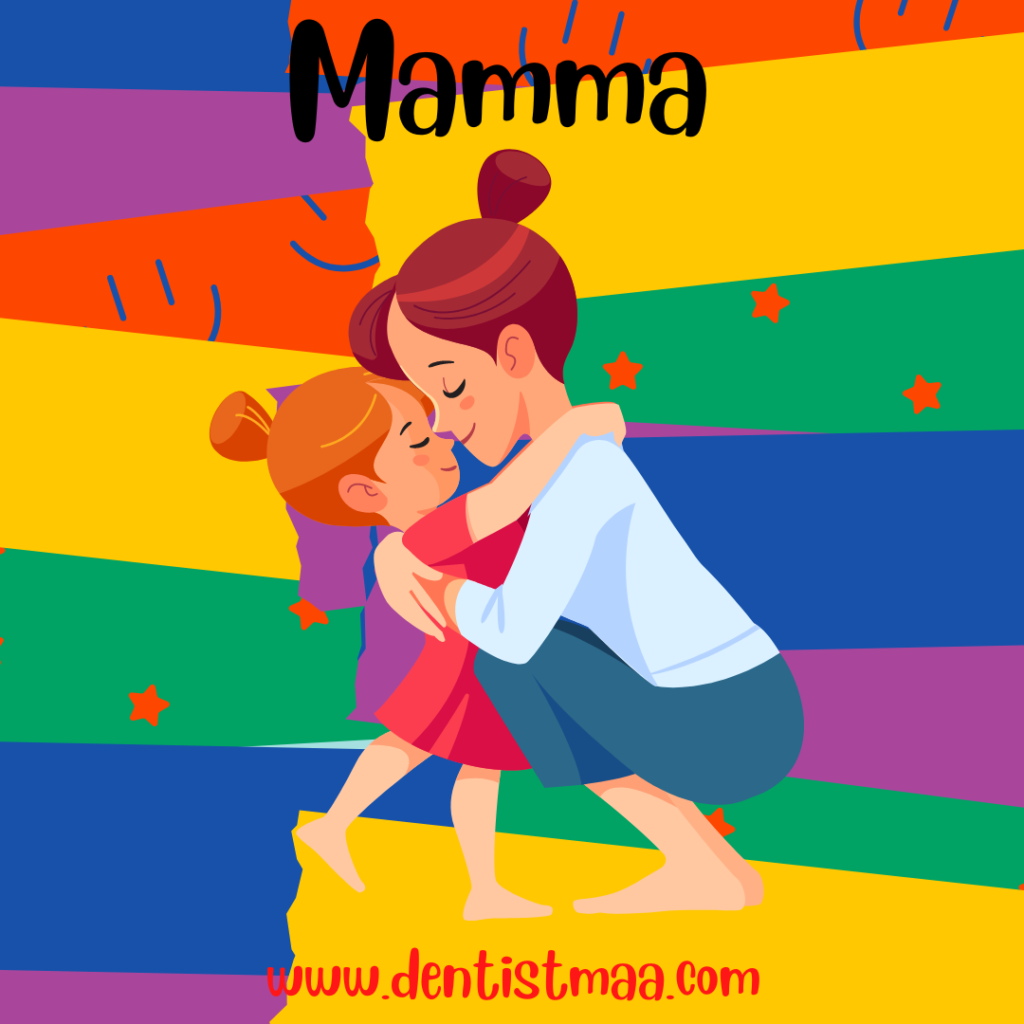
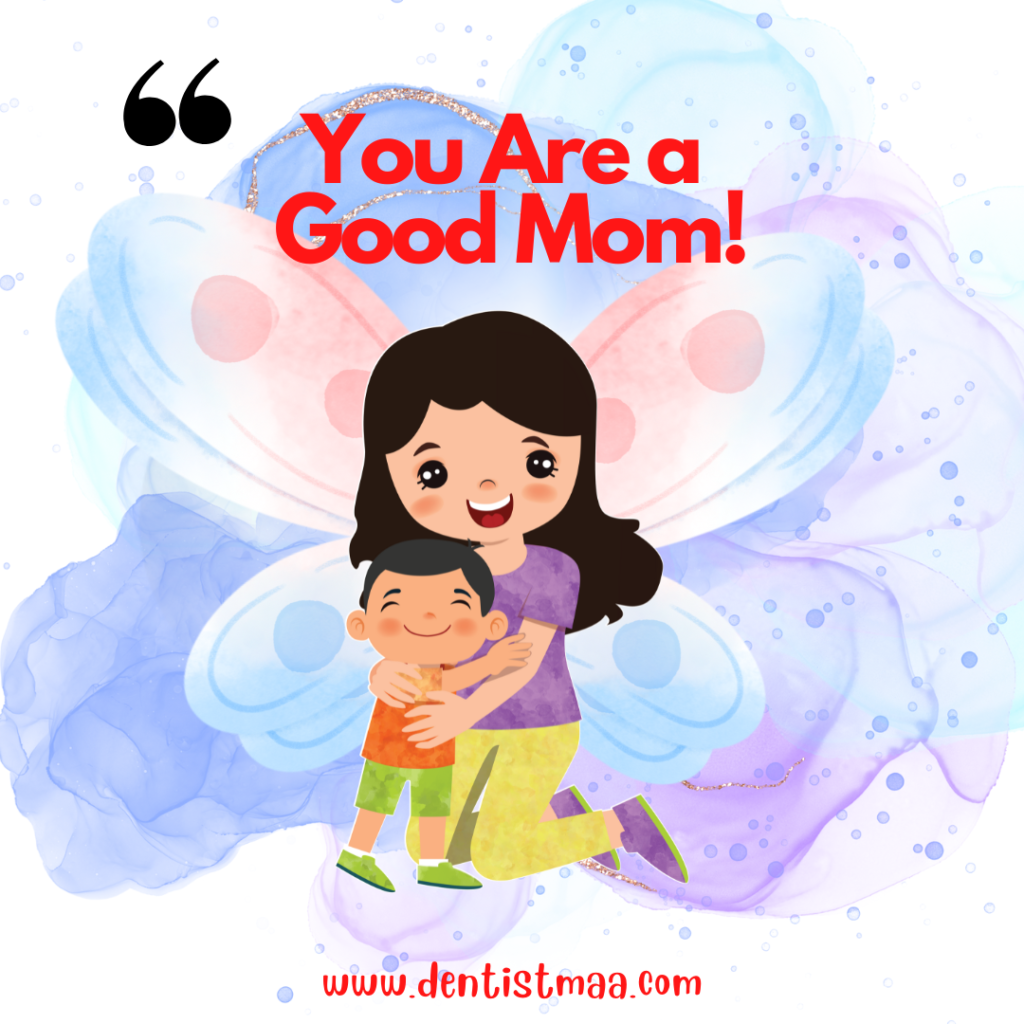

Very Informative
Beautiful explanation
thank you so much 🙂